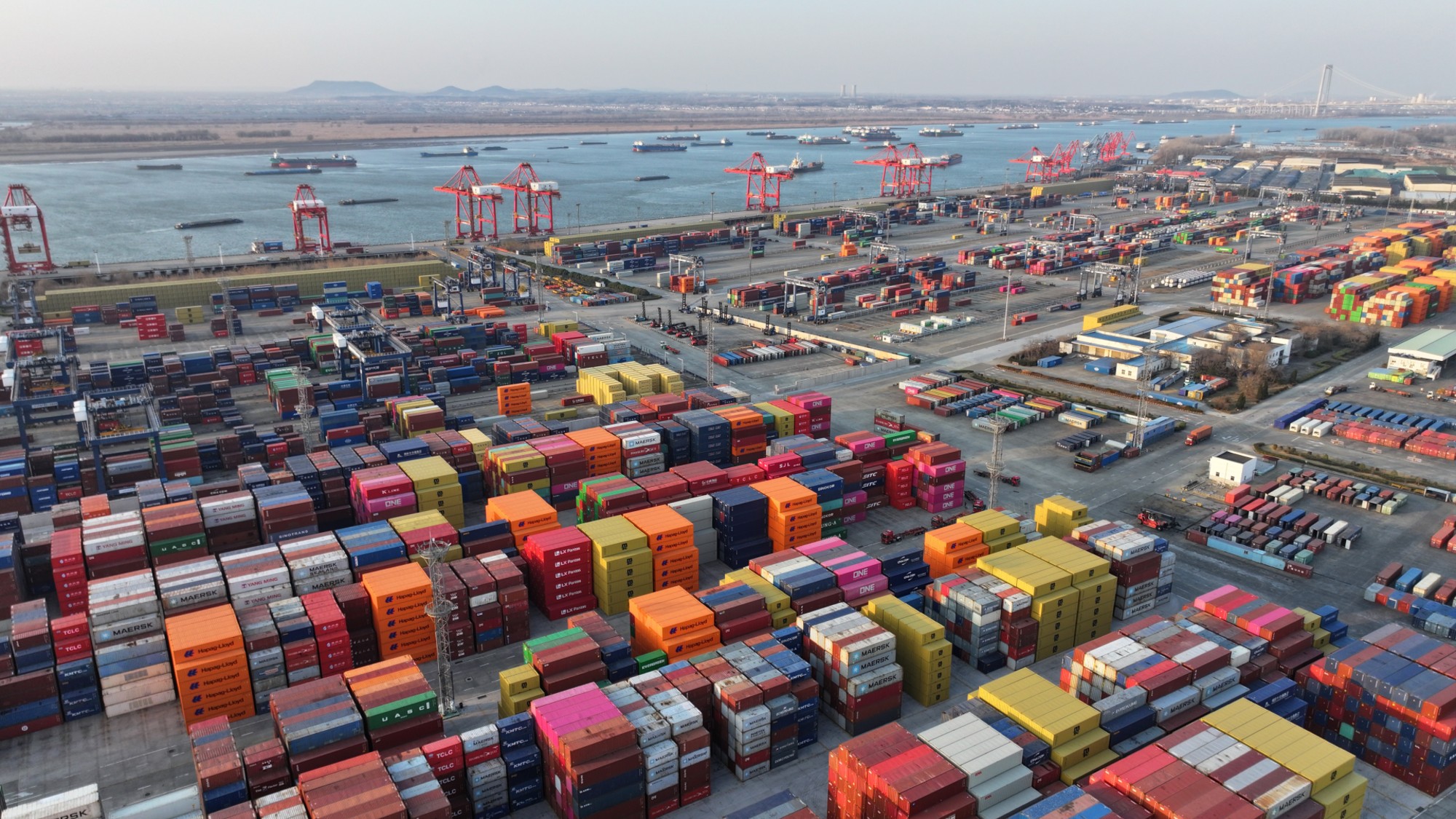How Trump is making your Shein and Temu orders more expensive
The president has ended a tariff loophole for small shipments


A free daily email with the biggest news stories of the day – and the best features from TheWeek.com
You are now subscribed
Your newsletter sign-up was successful
The era of "fast fashion" might be over. President Donald Trump's new tariffs on China will make purchases from Shein and Temu more expensive, and that's if the shipments can even get into the United States.
Trump's China tariffs include the revocation of a "century-old tax loophole" that had canceled out "tens of billions of dollars in fees on imports," said The Washington Post. That loophole — known as "de minimis" — skipped import taxes on shipments worth less than $800. The online shopping era made the loophole popular with "everyone from Etsy sellers and family-run footwear companies." Most of those imports come from China, home to popular online outlets like Shein and Temu, which are "responsible for an estimated 30% of packages shipped daily into the United States," said the Post. Without de minimis, prices on those shipments "could go up an average of 30%."
The new rules apparently discombobulated the U.S. Postal Service. Postal officials on Tuesday announced a halt on accepting packages from China and Hong Kong — but then reversed course on Wednesday morning, said The New York Times. Even if the packages are still allowed to proceed, though, the new tariffs could "derail online shopping in the U.S.," said Fast Company.
The Week
Escape your echo chamber. Get the facts behind the news, plus analysis from multiple perspectives.

Sign up for The Week's Free Newsletters
From our morning news briefing to a weekly Good News Newsletter, get the best of The Week delivered directly to your inbox.
From our morning news briefing to a weekly Good News Newsletter, get the best of The Week delivered directly to your inbox.
How will US customers be affected?
American shoppers are worried the new tariffs "will get in the way of their retail therapy," said The Guardian. "What's the point of living in a country if I can't order 100 pieces of junk for $15?" said Vivi Armacost, who uses Temu to buy supplies for her purse-making hobby. But a $1 pack of T-shirts from Temu might now become a $2 pack, which is still pretty cheap, and some observers think the changing landscape could even strengthen fast fashion's hold on U.S. consumers. The bigger concern is that "small and medium-sized enterprises won't survive, or will face significant challenges," said Sheng Lu, a fashion professor at the University of Delaware.
Trump's action is a "big threat to little shipments," said The Wall Street Journal. Ending de minimis will put a strain on the government: Customs and Border Protection will have to spend about $5 per package to treat small shipments "like other imports." That adds up. The new requirements will result in "hundreds of millions of dollars in costs to the government, requiring thousands more customs officers."
What does this mean for American businesses?
The crackdown will hurt Shein and Temu, but will "help Amazon," said the Financial Times. The American company has sought to fend off its Chinese competition by creating Amazon Haul, which features products that sell for under $20. The end of de minimis is "favorable to Amazon," said Andy Wu, an assistant business professor at Harvard University. But another American tech giant — Meta — could be hurt. The tariffs may drive Chinese advertisers to "pull back on spending" on Meta's Facebook and Instagram platforms, said Investor's Business Daily. That, one analyst said, would be a "negative for ad platforms."
A free daily email with the biggest news stories of the day – and the best features from TheWeek.com
Joel Mathis is a writer with 30 years of newspaper and online journalism experience. His work also regularly appears in National Geographic and The Kansas City Star. His awards include best online commentary at the Online News Association and (twice) at the City and Regional Magazine Association.
